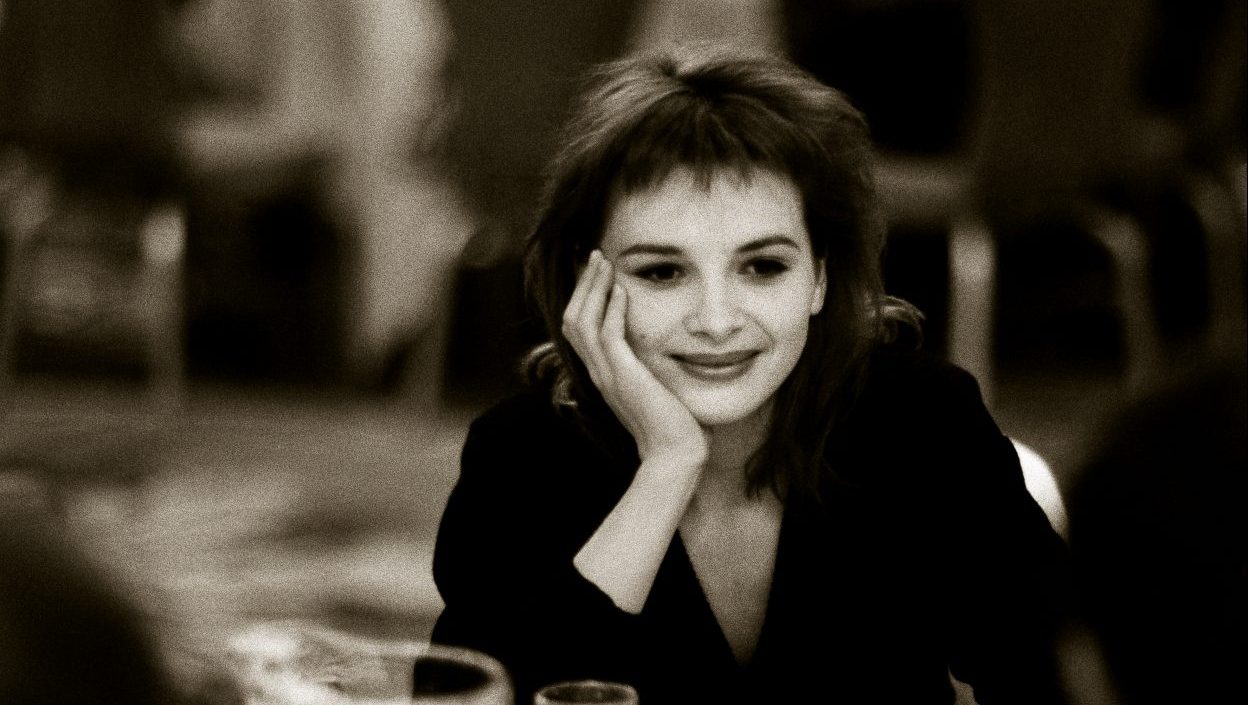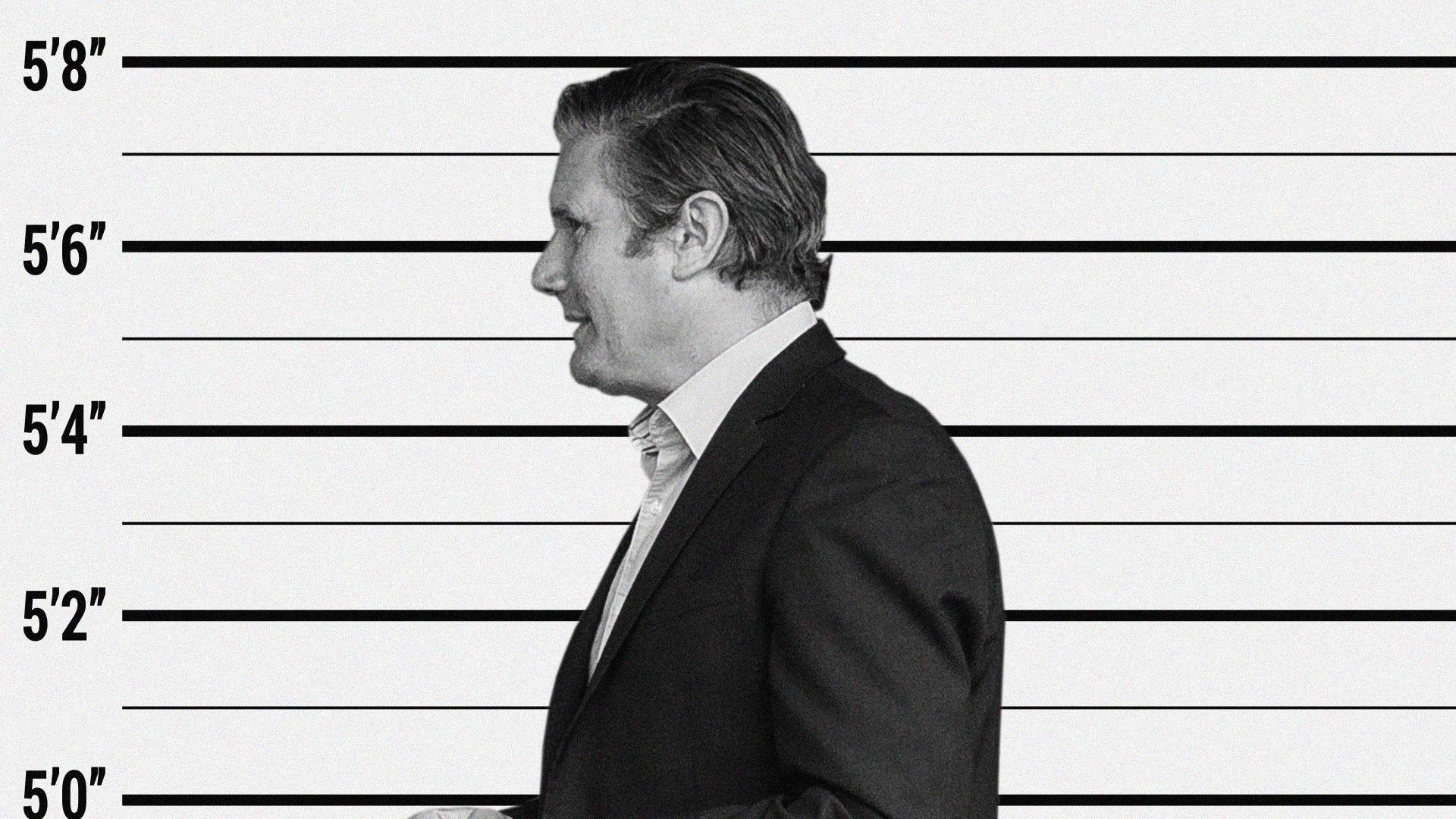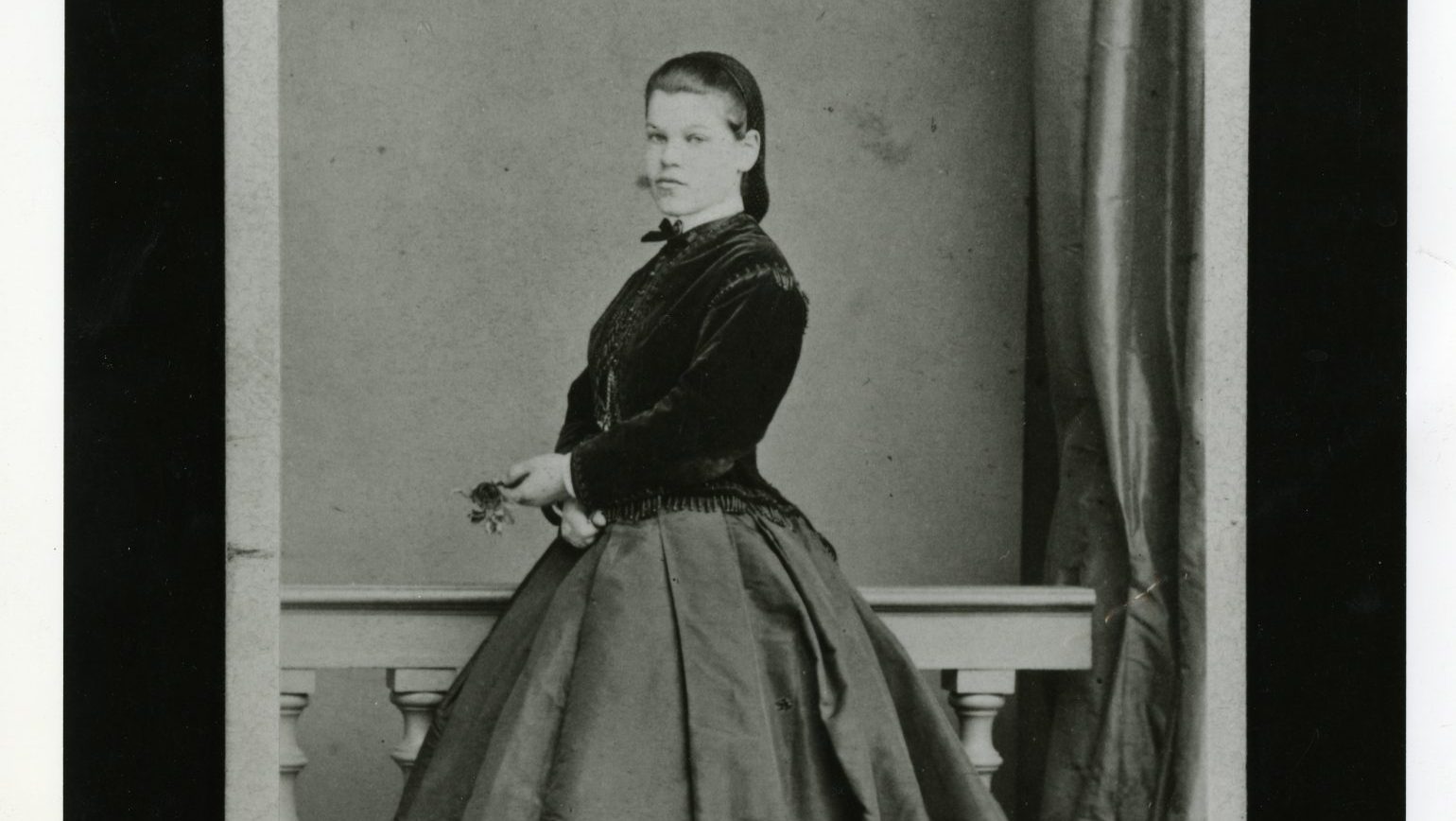Watching Juliette Binoche is always an intense, cinematic pleasure. She’s
been radiating a special, luminous star quality on European screens – and red carpets – since breaking through in Andre Techine’s erotic thriller Rendez-vous back in 1985. She just glows.
When, on the publication of his memoir Citizen Cannes a few years ago, I asked former Cannes boss and legendary homme de cinema Gilles Jacob who his favourite of all the actors he’d welcomed to the festival over the years was, he paused and sighed and went misty eyed. “Juliette Binoche,” he said with a trembling lower lip. “Elle est… formidable.”
It’s not just Cannes of course. Binoche has that rare treble of European majors, with festival wins for best actress at Berlin, Cannes and Venice, as well as an Oscar for 1997’s The English Patient. But right now you can see her scrubbing floors, cleaning windows, emptying bins and changing beds on a ferry as a cleaner in Between Two Worlds.
She’s still quintessentially Binoche though. Which sort of works for the movie, in which she plays an undercover journalist in a northern French industrial port (the original title is Ouistreham), a character based on the real-life Florence Aubenas, who investigated the precarious lives of Europe’s low-paid, gig economy workers. Surrounded by real-life non-professional actors, Binoche just glows brighter than them, for all her immersive acting abilities.
I did wonder, though, if she’d ever had a dirty job in her life? She bristles at the suggestion, almost horrified. “I don’t need to take a menial job to understand tough working conditions,” she retorts. “Being an actor is hard enough.”
And she’s not kidding. I’m outraged, really. How dare she compare herself
with the hardscrabble existence of so many – people she’s supposed to empathise with – after all? But Binoche, speaking from her luxury Paris hotel suite, isn’t backing down.
“Don’t tell me about tough working conditions,” she chides. “Acting is never easy. It’s not a safe place to be – it’s an act of bravery. If you don’t have courage as an actor, you can’t go through with it.”
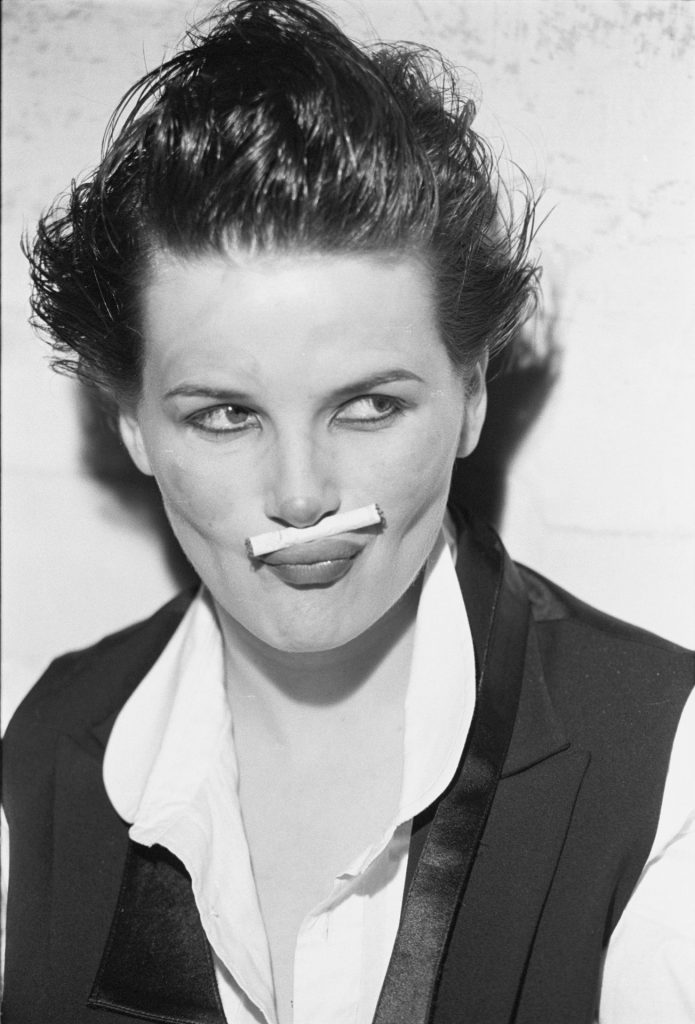
Binoche spends much of the film in the twilight of the night shift, donning
apron and plastic gloves, wiping down surfaces, sweeping up rubbish. Come
on, Juliette – is acting really the same as getting your hands dirty? “If you’re
dealing with a director or another actor who’s being difficult or perverse, I tell you it’s the worst. You’re opening your soul, laying bare your whole being and someone is giving you shit for it? I’m sorry, that’s very hard.”
Yes but it’s not the same as getting frostbite on deck, or picking up human shit just to maybe put food in your kids’ mouths, is it? La Binoche is not for turning.
“As actors, we work in all conditions, in the hottest weather or the coldest, we go where the camera is, out in the street, wherever, and we have to learn
line after line, and go through every emotion, from high to low, and give
everything we have, every time and be at our best. I tell you, it’s difficult.”
And you know what? I start to believe her. Or at least that she believes it.
Acting, for her, and for the way she does it, commits to it, is like being at
the coal face. It’s back-breaking, soul-baring, white-knuckle work.
Of course, she makes a persuasive case, just as she’s been doing on screen since that amazing breakthrough year in 1985, when she starred for Jean-Luc Godard in Je Vous Salue Marie (he cast her from a Polaroid he’d spotted), for Jacques Doillon in La Vie de Famille and then, most sensationally, for Andre Techine in Rendez-vous opposite Lambert Wilson and Jean-Louis Trintignant.
Although she continued that success with Leos Carax’s Mauvais Sang in 1986 (earning a Cesar nomination), her international reputation was secured just a year later, when she starred with Daniel Day-Lewis in The Unbearable Lightness of Being, the adaptation of the Milan Kundera novel.
Perhaps the most public on-set travails of her career came with Les Amants du Pont-Neuf – a dizzyingly romantic and expensive undertaking that eventually came out in 1991 and for which Binoche herself had to appeal to government for extra funding as the original budget practically quadrupled to over 70 million francs, including recreating the titular Parisian bridge and
stretches of the Seine in a town called Lansargues, near Montpellier, in the south of France. That always felt like very hard work, glorious though much of the final outcome may have looked.
“Sometimes, actors can put feelings to the side, but sometimes there is anger from the situation of the filming,” says Binoche. But the days of long and troubled productions such as Les Amants du Pont-Neuf, are possibly over in the movies, perhaps never to be repeated. Big budgets seem to be a relic, although Binoche has dabbled in the mega-movie area, starring in
Godzilla. I hope it earned her a monster cheque.
“We are so pressed for time in film now, you don’t even get to do a second take!” she remarks. “Although I love doing it quickly because it can feel more intuitive as a performer, but I was just shooting in Mississippi, playing a truck driver (in the forthcoming Paradise Highway, with Morgan Freeman) and it was hot and we had to shoot every day and every night, and there were mosquitoes – it was exhausting and it puts you on edge. That can give the film a certain rawness or power but it’s a lot of pressure.”
On her new release Between Two Worlds, which debuted at the muted, pandemic-stricken and delayed Cannes of July 2021 she worked with a mainly non-professional cast, with actors taken from the real lives that director Emmanuel Carere was attempting to depict with authenticity. “He sort of left me in charge of the actors,” recalled Binoche. “I love actors but it was also a big responsibility for me to look after them. There was one scene when my co-star Helene was so cold and so spent emotionally that I had to stop the shoot for the night, so we all went and got warm and regrouped and
made sure Helen had the strength and emotional capacity to go again. I tell
you, it can be very tough work.”
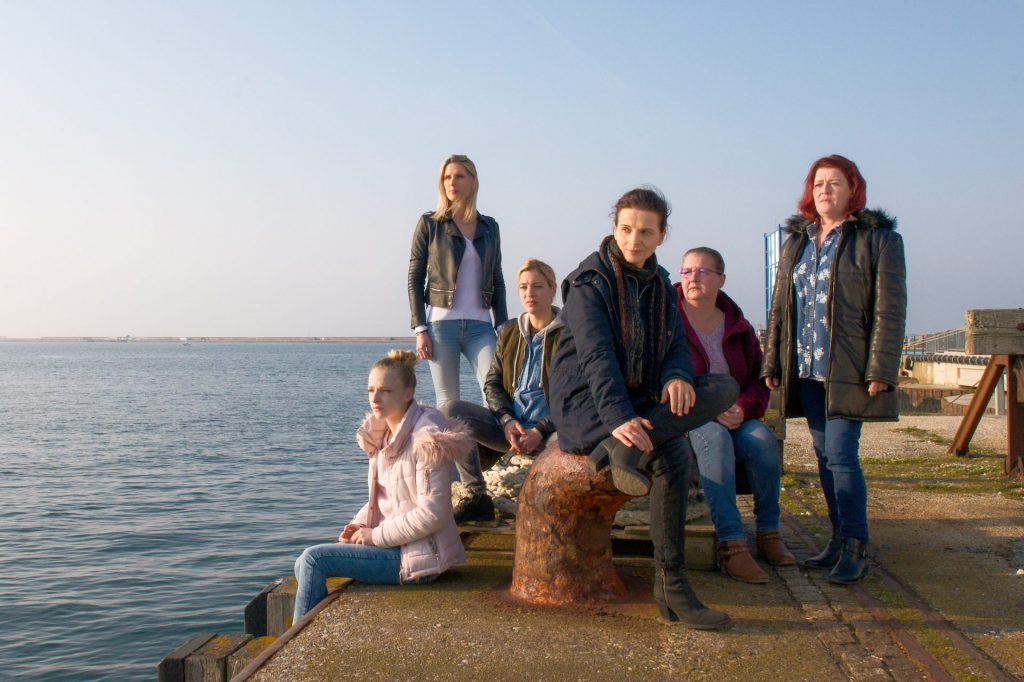
Binoche’s insistence on highlighting the hard graft of an actor’s work could
be viewed as ridiculous but the results of her commitment to her art are always on the screen, as well as her thoughtfulness around each character
she picks, “I like to think you don’t pick them,” she says somewhat grandly.
“They choose you.” But doesn’t she sometimes feel ill-equipped to play certain characters, ones so far removed from her own rarified life of stardom?
“Look, acting can be an ethical question, of course,” she says. “Do I have the right to pretend to be somebody else from another layer of society? I do think about that every time, yes. But the purpose of a film is often very necessary.
“For example, to foster an understanding of our social crisis, about what it’s like to be poor, to have a life in the balance, to show how the gap between rich and poor is so wide. I am very well-known but I know I have the right to play a role that shows what it’s like to be invisible, overlooked, underpaid, barely life and recreate the truth of it.”
She says has been approaching roles with an immersive sense of realism throughout her career. For Rendez-vous, she wasn’t so well-known but says she often went into the streets to observe people. But even for her admired
portrayal of Camille Claudel for director Bruno Dumont in 2013, the star spent time in asylums with handicapped and mentally impaired patients.
“I was observing, not cheating,” she persists. “I don’t live that life and it’s
not my reality but the truth of the feeling I have when I’m there, that is real. And so I go as close as I can to the people I’m playing in order for an audience to connect to that character. When I’m in front of the camera, I have to recreate a life into a form that reveals the truth of what I felt. That’s
what actors are there for, to be a link in consciousness, to bring out from inside of us what we feel in our thoughts and in our bodies.”
Like every other actor and film-maker, Binoche is being lured from the big screen to the world of TV. She’s in HBO’s The Staircase with Colin Firth and Toni Colette, and she’s playing Coco Chanel in The New Look, opposite Ben
Mendelsohn’s Christian Dior. “On these TV shows, the quality is pretty close to film now, and actually, it’s like a luxury,” she reveals. “You get time to act
and work but you also get time off, you can do several takes, so yes, things have changed very quickly, that’s for sure.”
She believes, however, that film is still where the risks lie and where the
real power to affect audiences lies. At Cannes, which got underway this
week, the announcement of her re-teaming with her English Patient co-star Ralph Fiennes in The Return has caused some of the most early buzz. The pair will play a modern version of Homer’s Odyssey, with Binoche as Penelope. Not much more has been disclosed. “I will do experimental films and first films because when film catches something important, with a truth, I get inspired by it still and that’s what I need and want,” says Binoche.
Her commitment and belief in the power of her work is admirable, as is the way she defends it so fiercely. I wouldn’t say she’s carried away by her own rhetoric and passionate defence of her job but she does take a breath before admitting clinging to the grandest of ideals.
“My big ambition is for film to re-humanise our society,” she says, almost quietly, but with full conviction. “I’m very serious about that – it doesn’t take a lot and for an audience to slow down for a few moments, to watch and notice and think about other lives, to be aware of their own daily selfishness, I think film has that power. Acting has that power. I think it can change people and it can still make a big difference to us all.”
And that, ladies and gentlemen, is why we still watch movies and still can’t take our eyes off the screen whenever and wherever Juliette Binoche appears.


